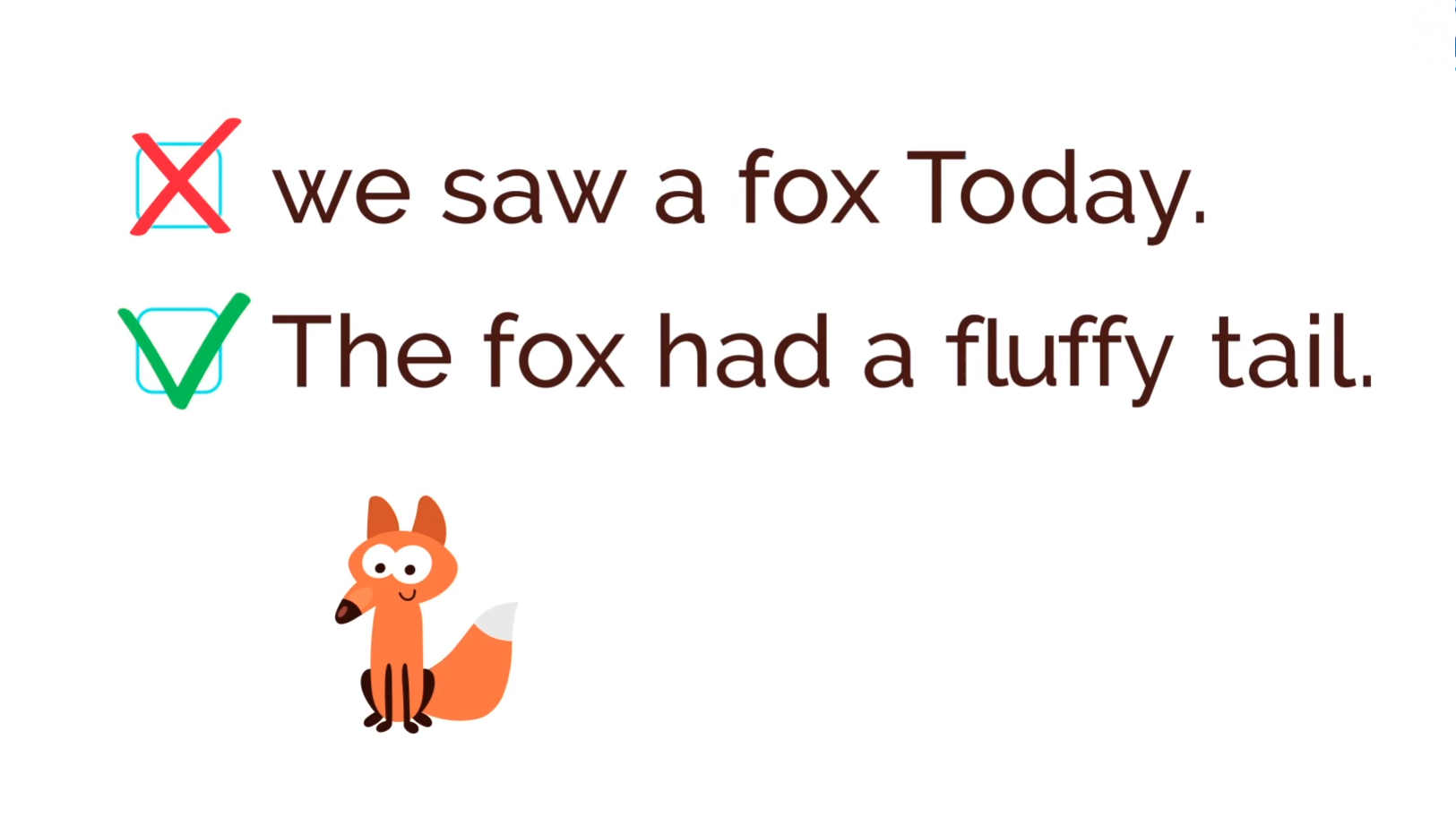Tracing Letters worksheets activities for 3-Year-Olds
43 filtered results
-
From - To
Embark on a Joyful Alphabet Adventure with Our Tracing Letters Worksheets Activities
Dive into the world of letters and begin the exciting journey of literacy with our Tracing Letters worksheets activities! Specially designed to captivate young minds, these activities offer a fun, engaging way to develop foundational writing skills. Through carefully crafted worksheets, children will trace their way through the alphabet, improving hand-eye coordination, enhancing fine motor skills, and laying the groundwork for successful handwriting. Each activity is filled with vibrant illustrations and clear, easy-to-follow paths for each letter, making learning an enjoyable experience. Perfect for preschoolers and kindergarteners, these Tracing Letters worksheets activities are your child’s first step toward mastering the art of writing.
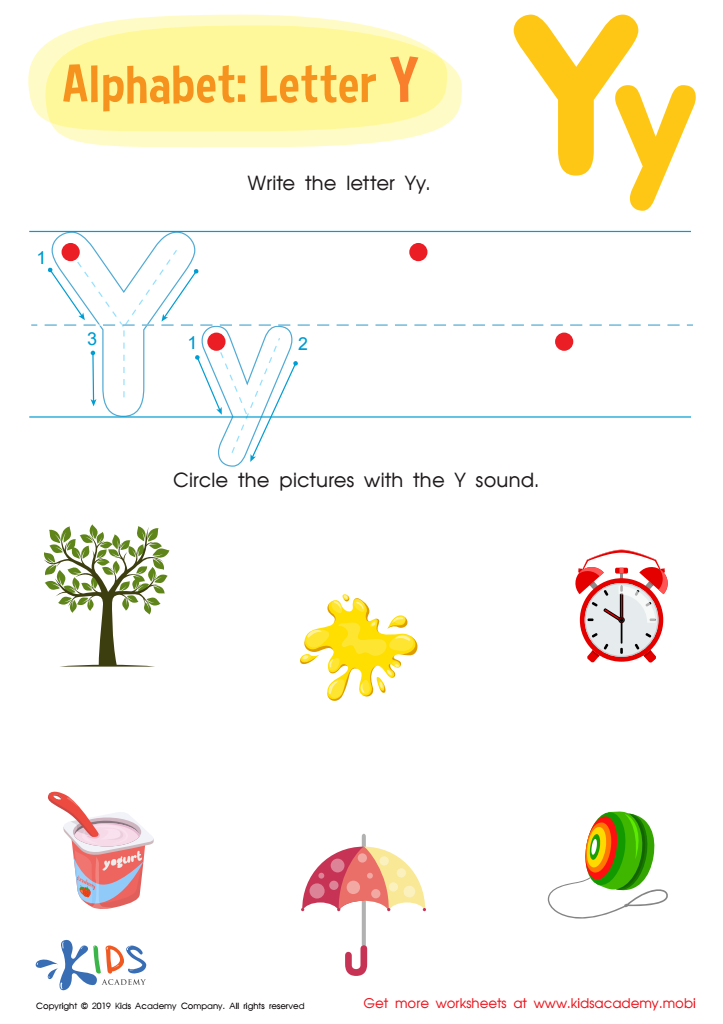

Letter Y Tracing Worksheet
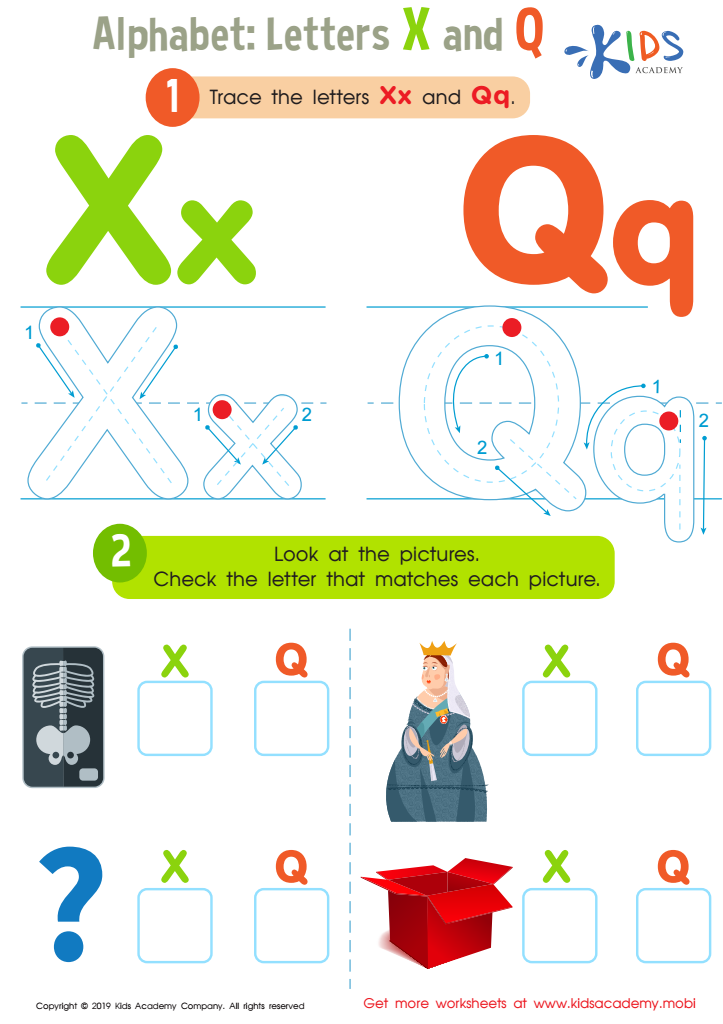

Letters X and Q Tracing Worksheet
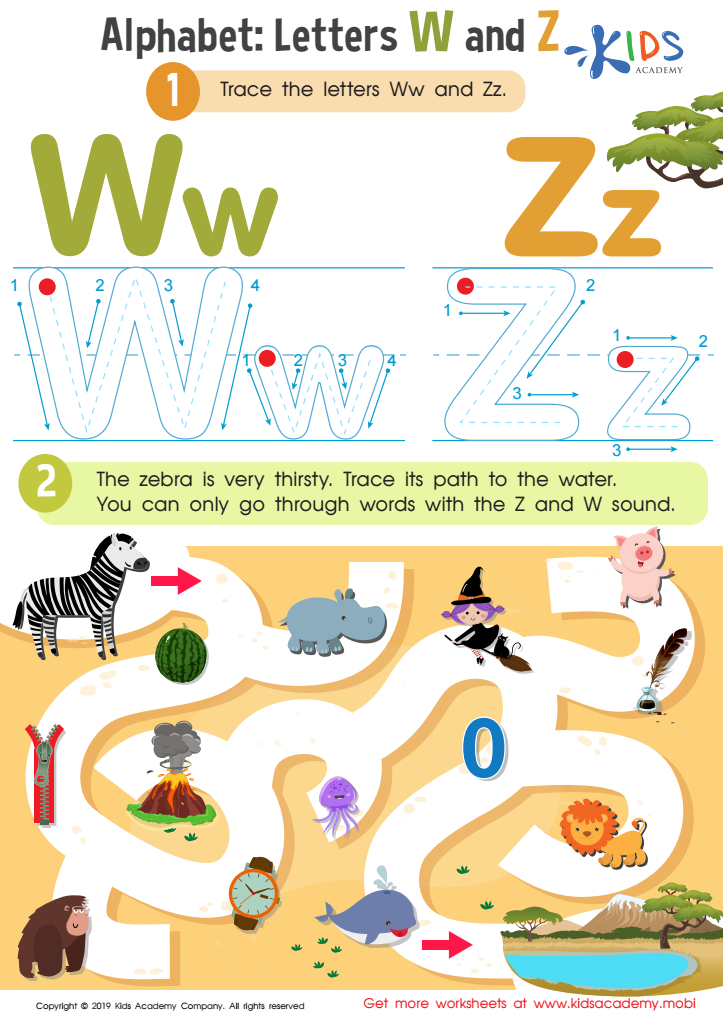

Letters W and Z Tracing Worksheet
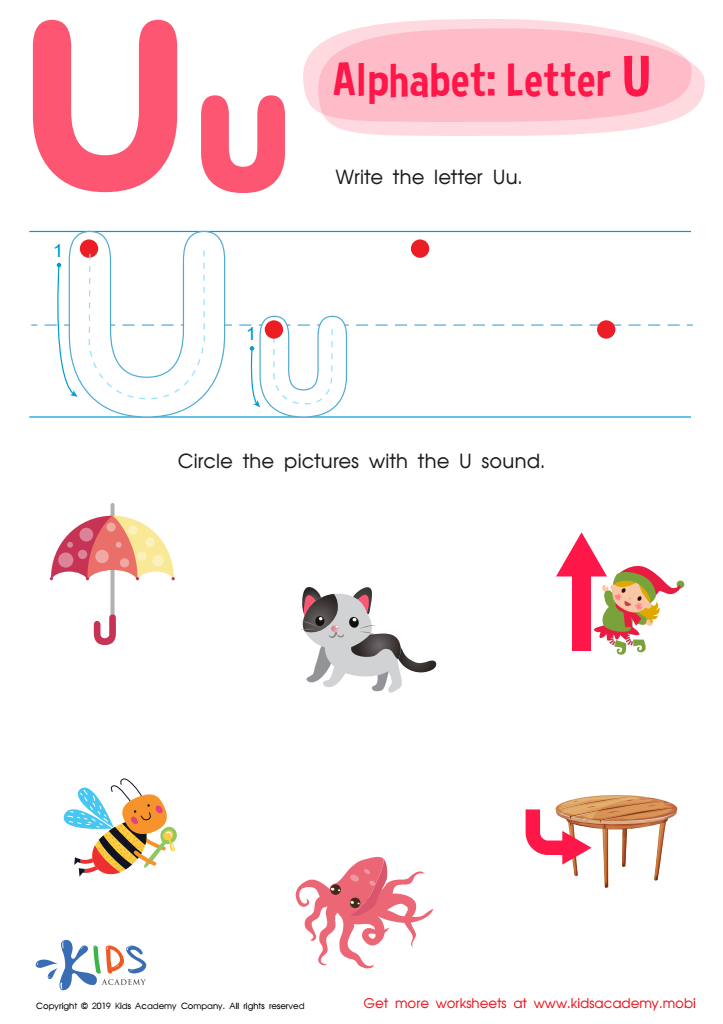

Letter U Tracing Worksheet
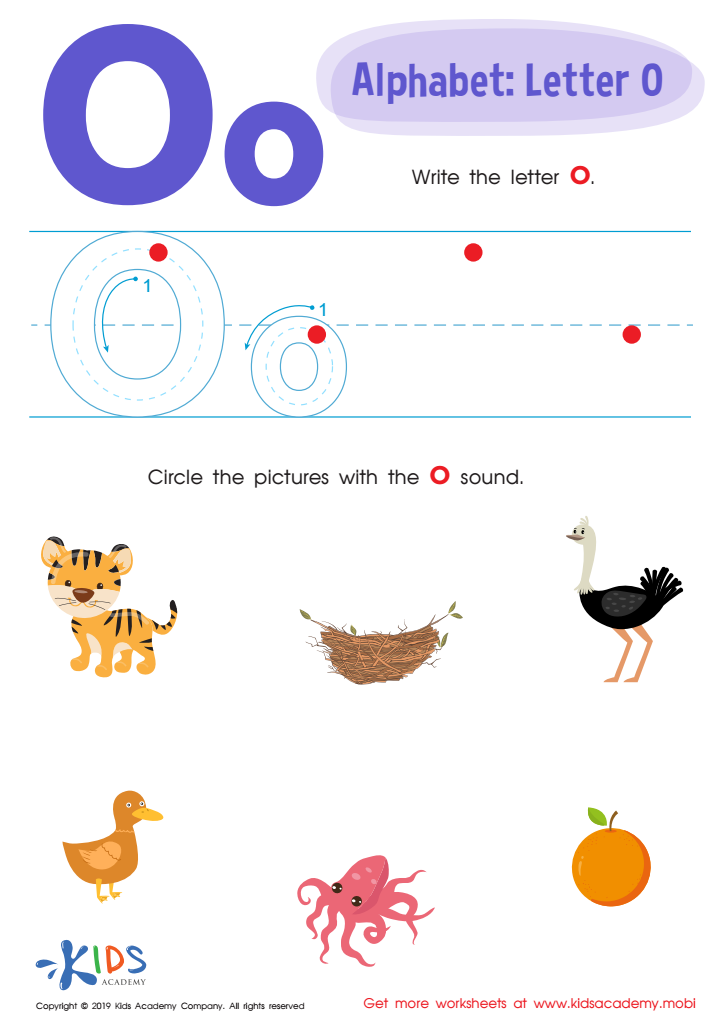

Letter O Tracing Worksheet
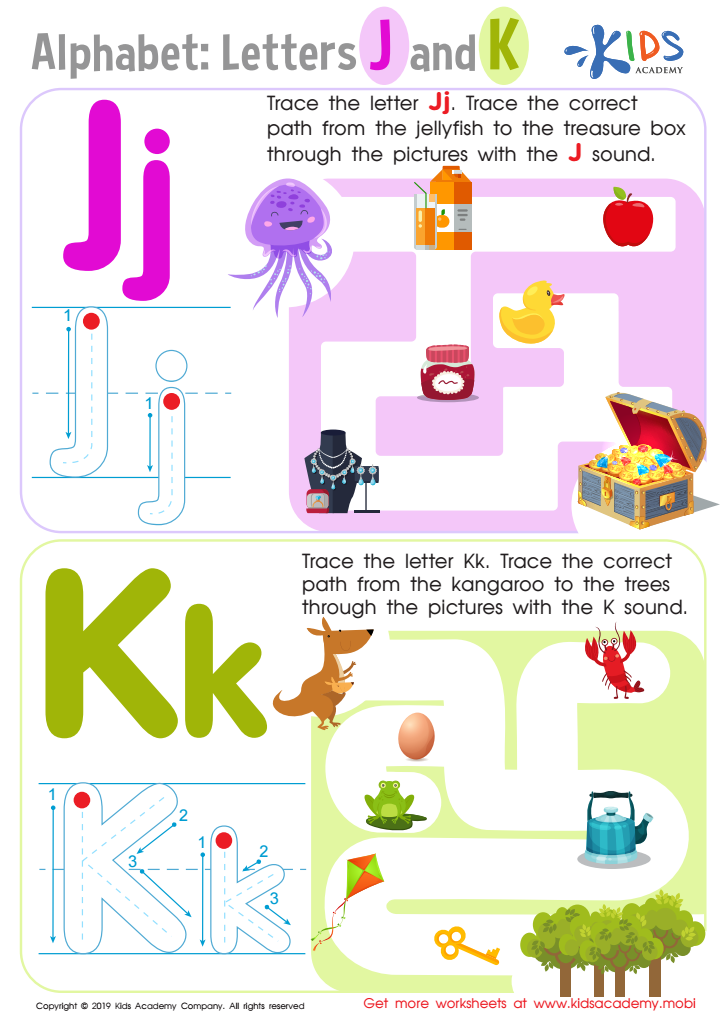

Letters J and K Tracing Worksheet
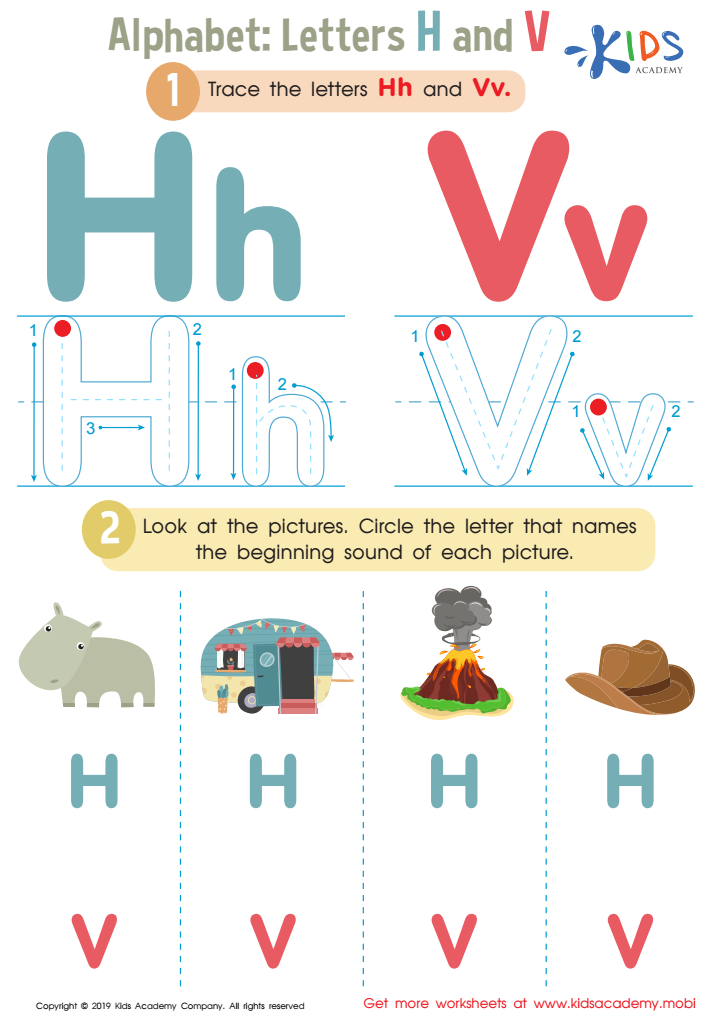

Letters H and V Tracing Worksheet
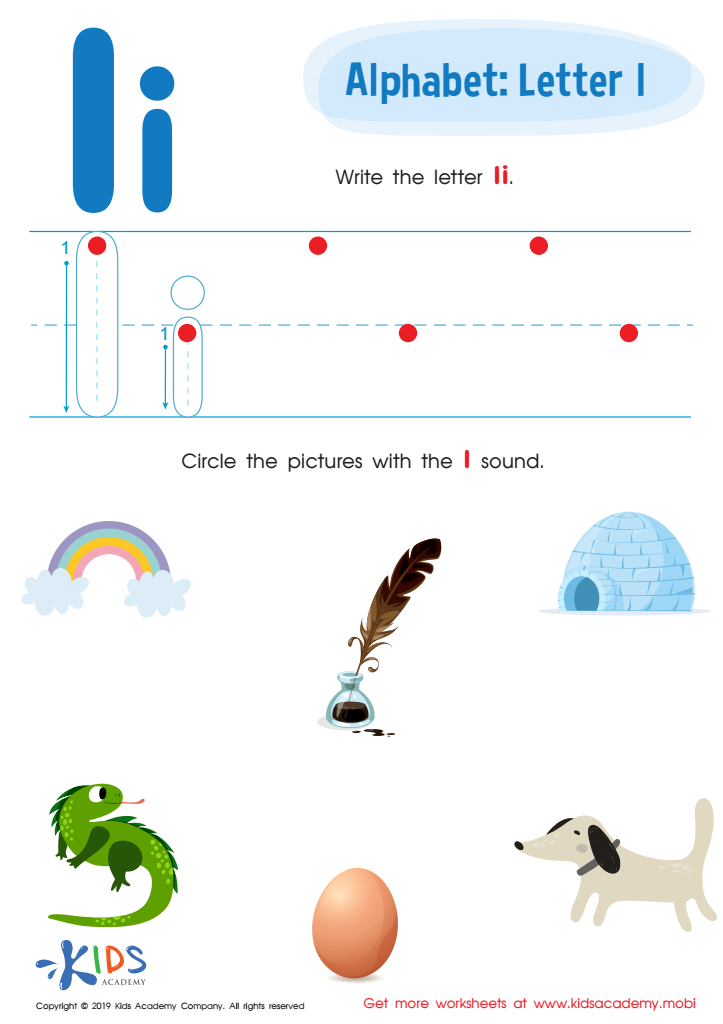

Letter I Tracing Worksheet
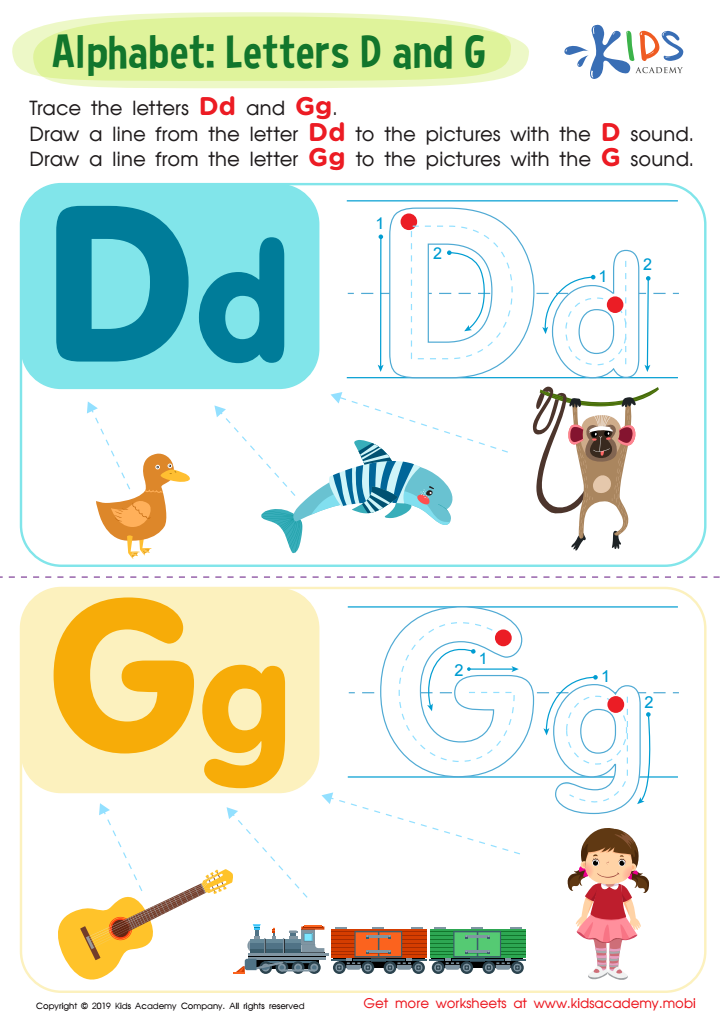

Letter D and G Tracing Worksheet
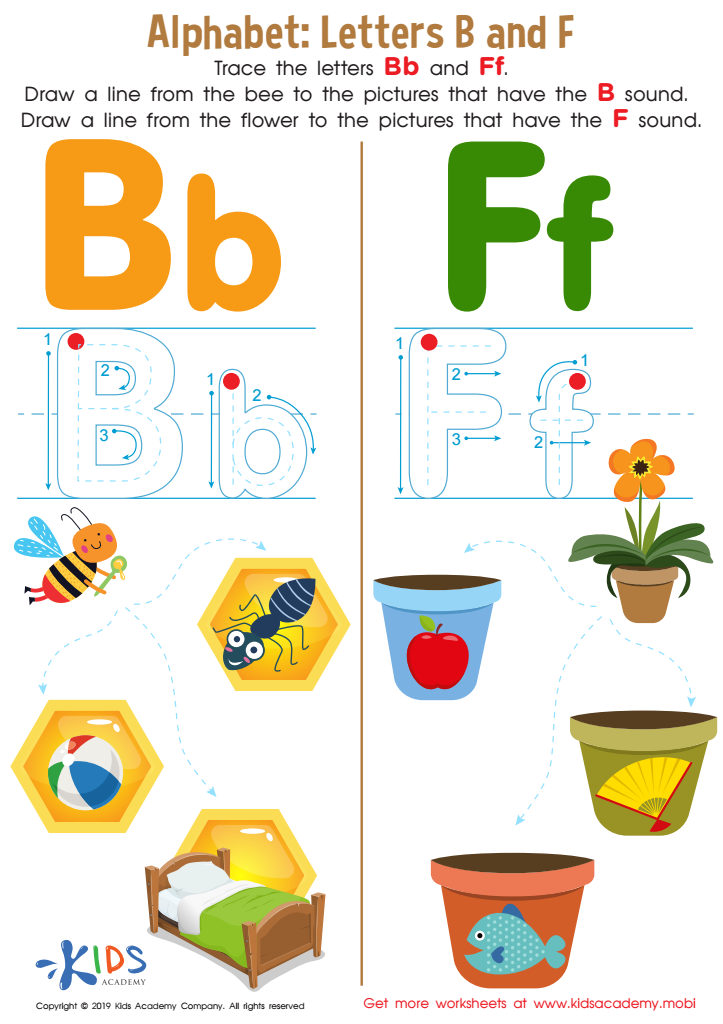

Letters B and F Tracing Worksheet
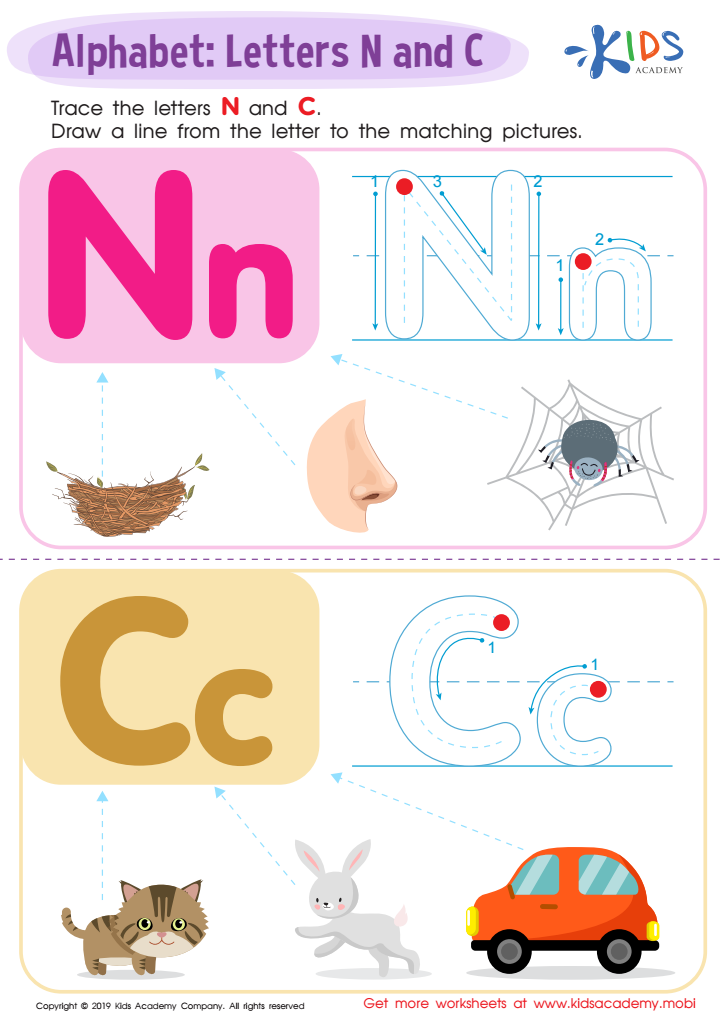

Letter N and C Tracing Worksheet
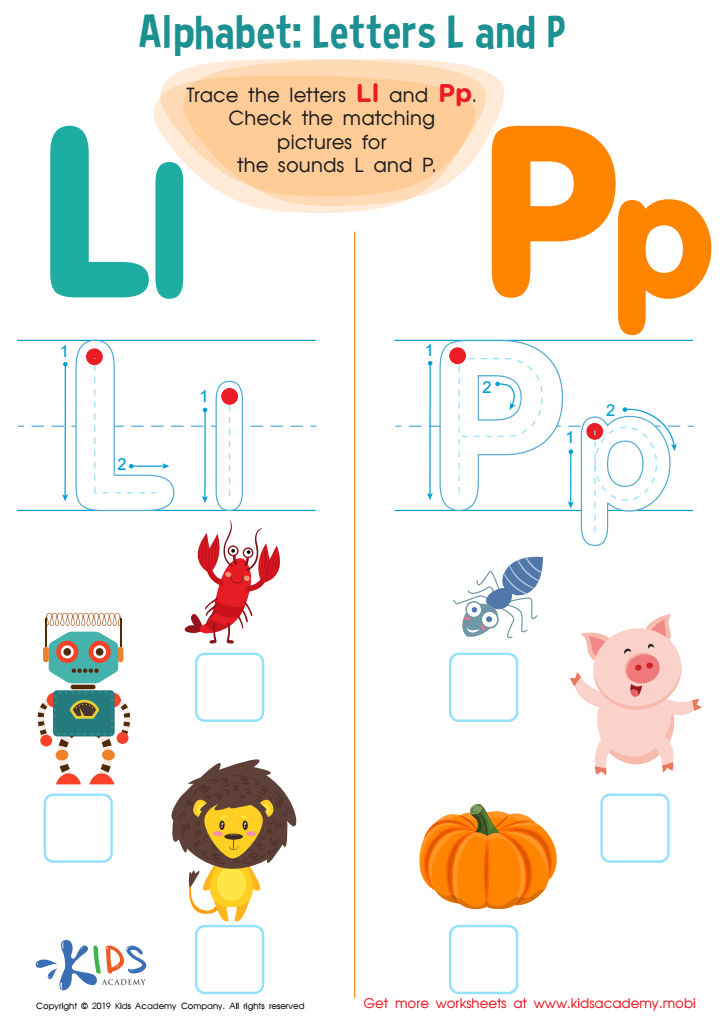

Letter L and P Tracing Worksheet
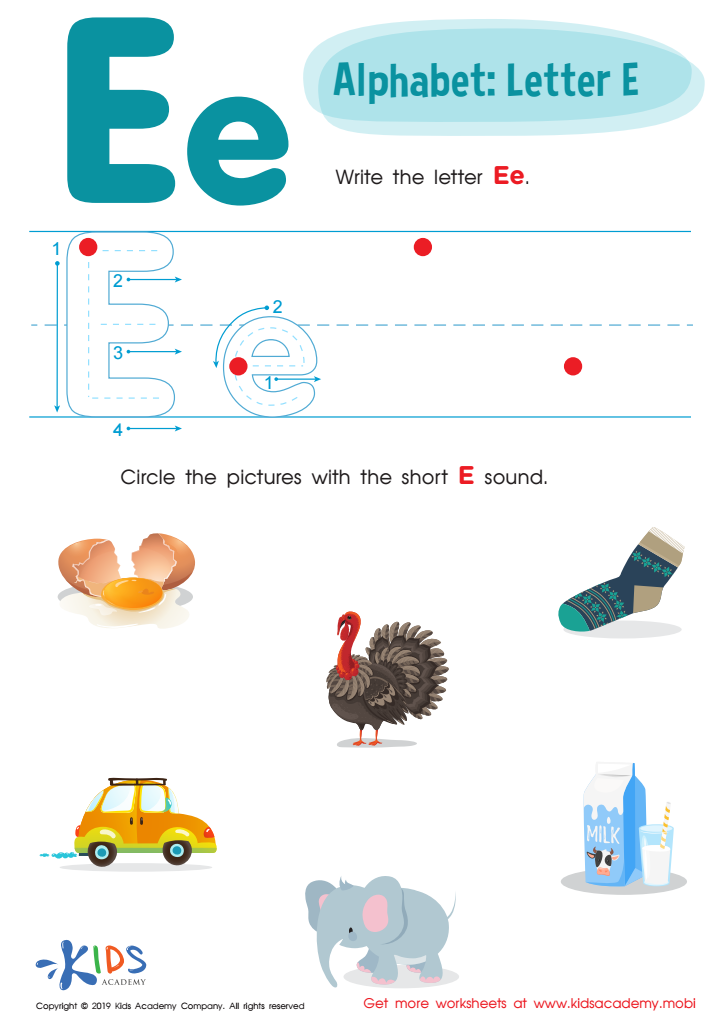

Letter E Tracing Worksheet
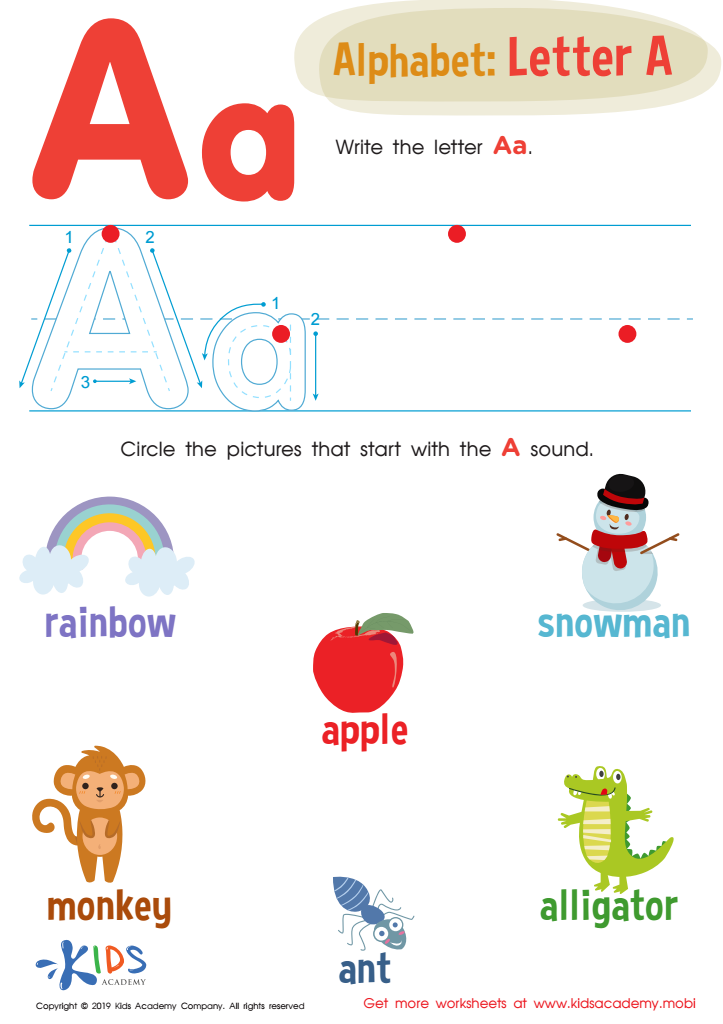

Letter A Tracing Worksheet
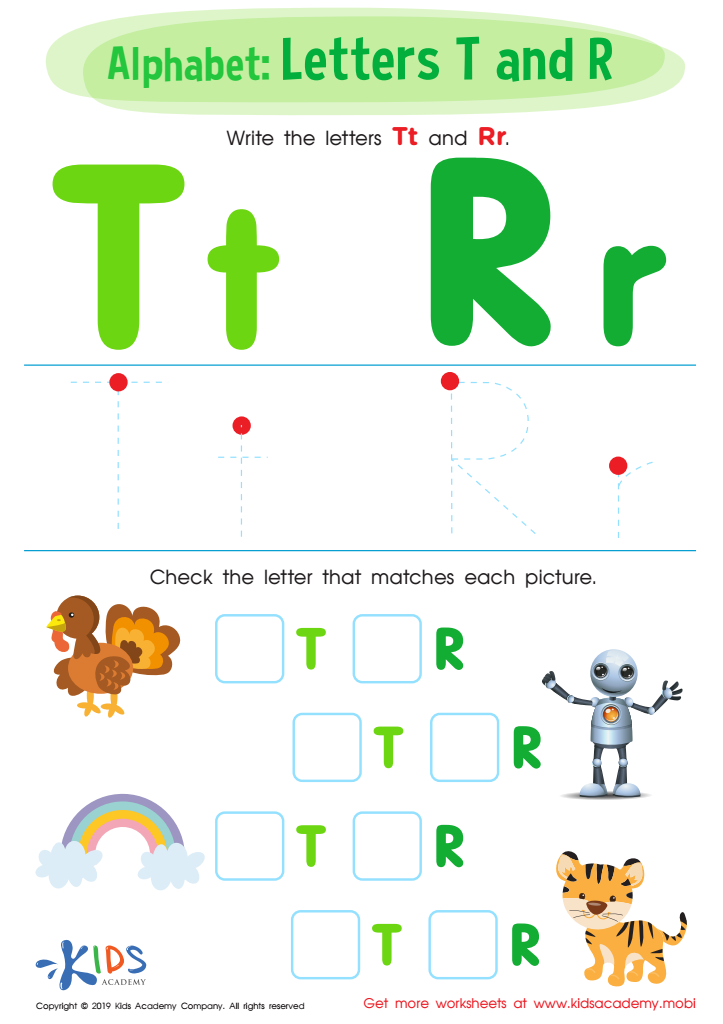

Letters T and R Worksheet
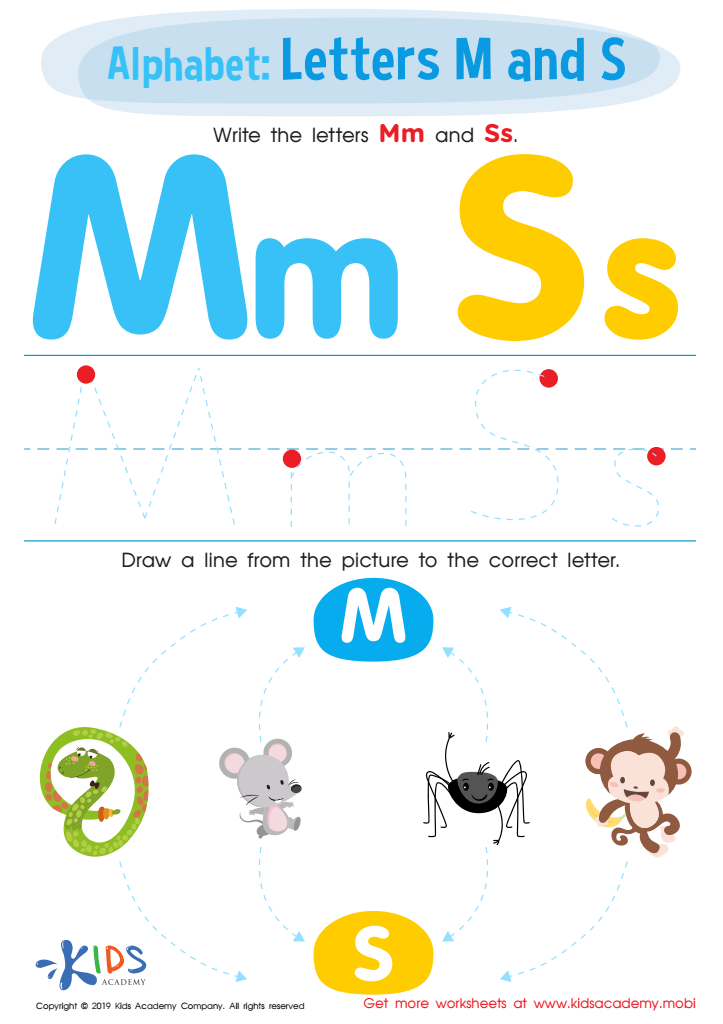

Letters M and S Tracing Worksheet
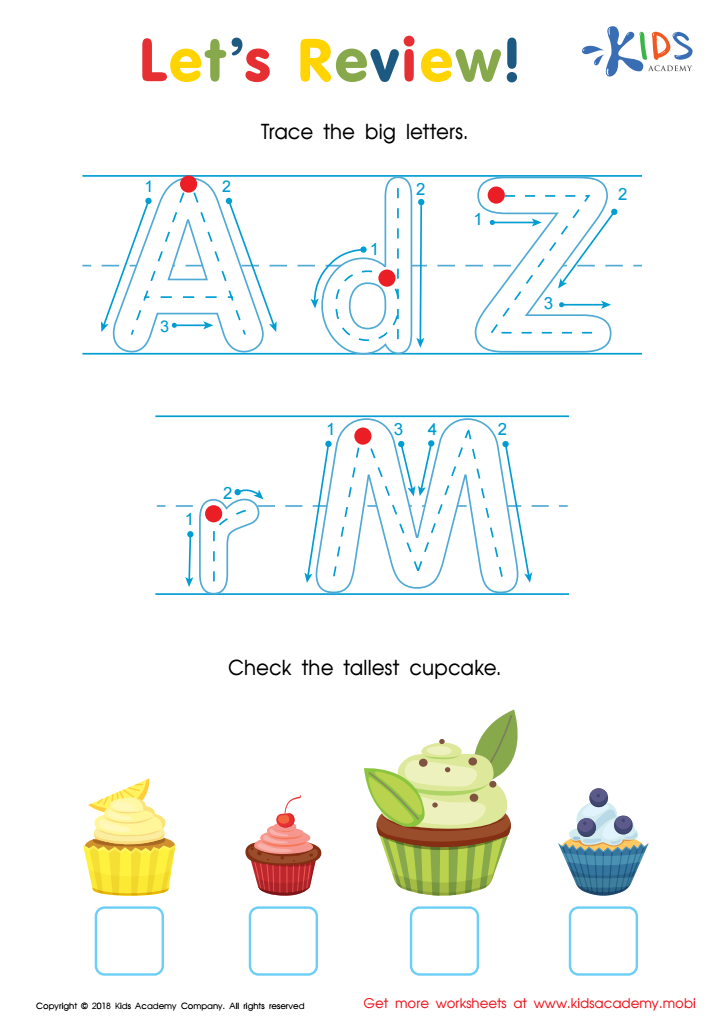

Let's Review! Big Letters Worksheet


Letter R Tracing Page
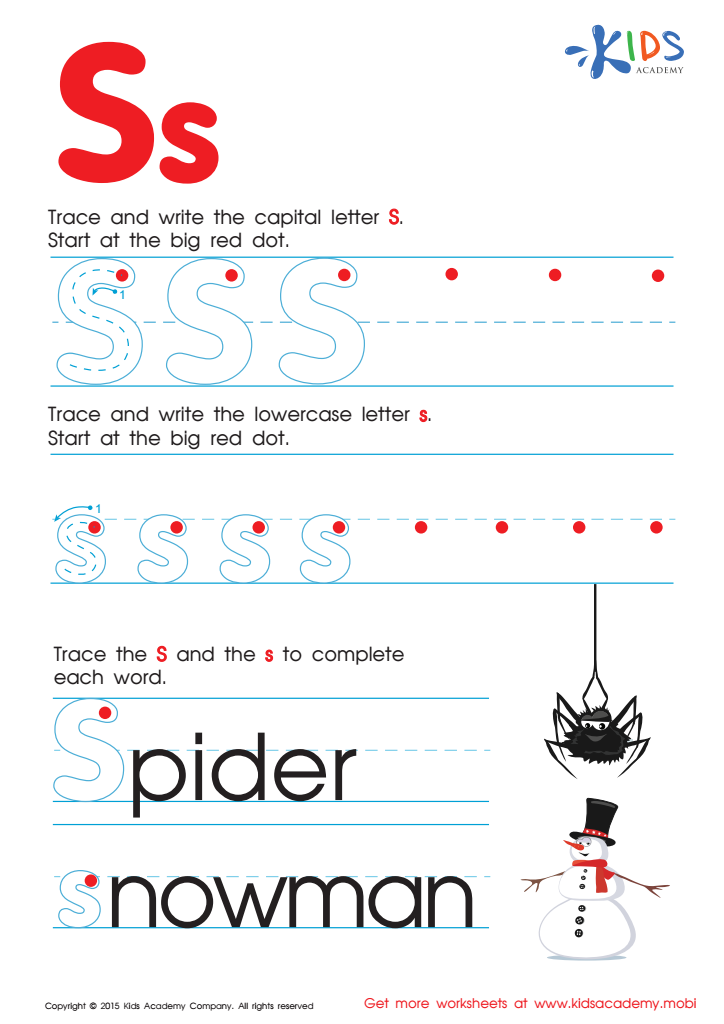

Letter S Tracing Page
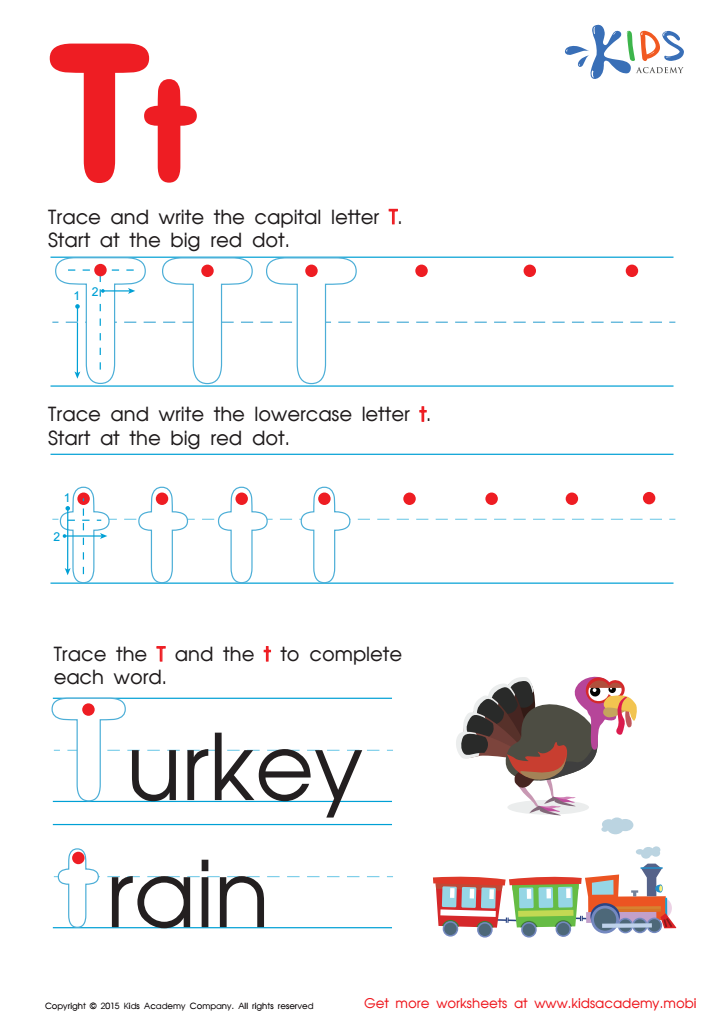

Letter T Tracing Page
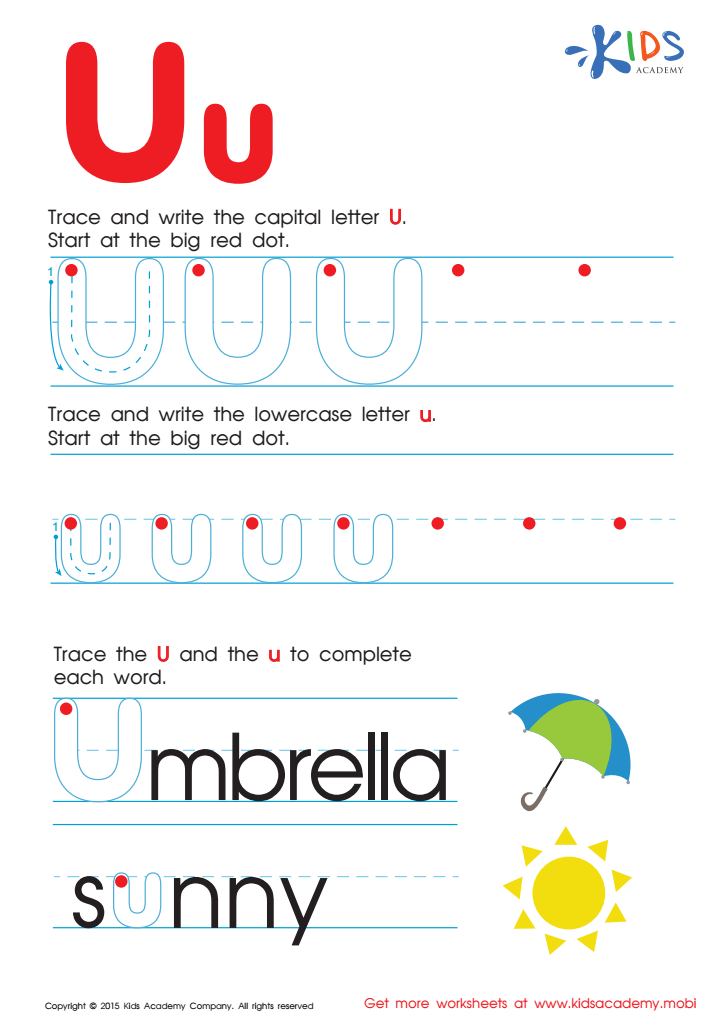

Letter U Tracing Page
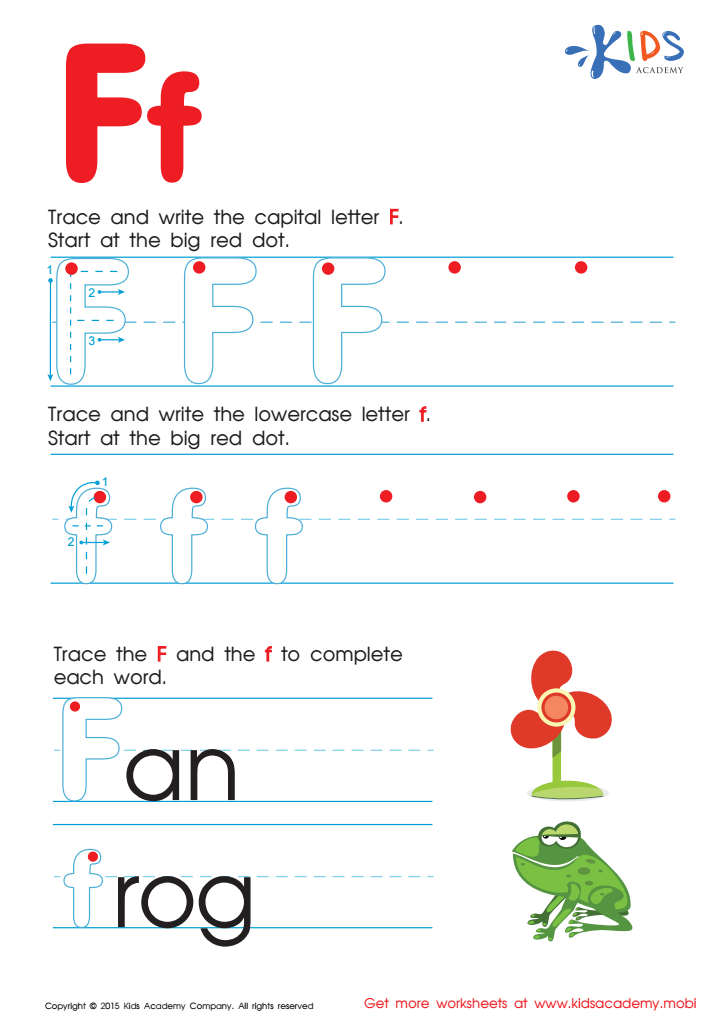

Letter F Tracing Page
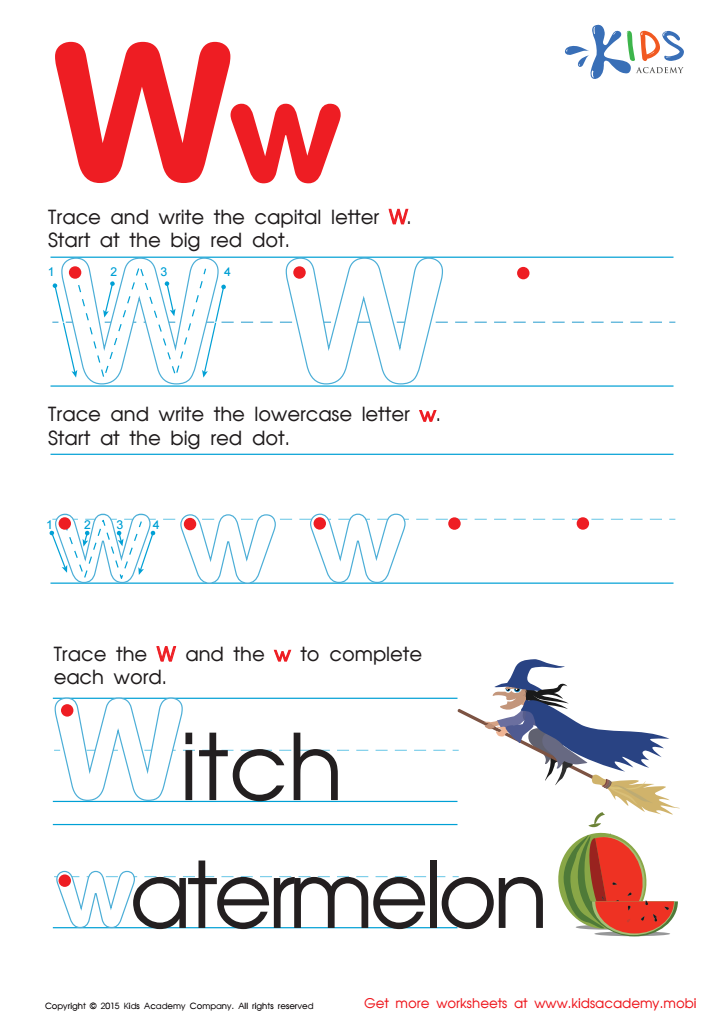

Letter W Tracing Page


Letter X Tracing Page
Tracing Letters worksheets activities stand as a cornerstone in the foundational journey of early literacy and handwriting skills for young learners. The practice of tracing letters not only reinforces the alphabet's shape and structure but also fosters fine motor skill development, crucial for the precise movements required in writing. Engaging children in Tracing Letters worksheets activities serves multiple pedagogical purposes, making them an invaluable tool in educational settings and at home.
Firstly, these activities introduce children to the alphabet in a hands-on, tactile manner. As learners trace each letter, they become familiar with its form, aiding in letter recognition—an essential precursor to reading. This repetitive action helps to cement the alphabet in their memory, making future reading and writing tasks easier and more accessible.
Moreover, Tracing Letters worksheets activities significantly contribute to the improvement of fine motor skills. The act of holding a pencil and tracing shapes requires control and coordination, laying the groundwork for proficient handwriting. Through consistent practice, children develop a steady hand, learning to create letters with accuracy and confidence.
Another noteworthy benefit is the enhancement of cognitive skills. Tracing Letters requires concentration and focus, fostering attention to detail. Children learn to follow sequences and patterns, a skill that translates well into other areas of learning and daily activities. This focused time also encourages a sense of accomplishment and self-esteem as learners successfully complete each worksheet, motivating them to continue learning.
In addition, Tracing Letters worksheets activities offer a versatile learning tool. They can be tailored to suit different learning styles and paces, ensuring that every child can benefit. Whether in a classroom setting or as part of home education, these worksheets provide a structured yet flexible approach to learning the alphabet.
In summary, Tracing Letters worksheets activities are an essential component of early literacy development. They not only support the mastery of the alphabet and fine motor skills but also enhance cognitive abilities, providing a comprehensive foundation for future academic success.
 Assign to My Students
Assign to My Students






